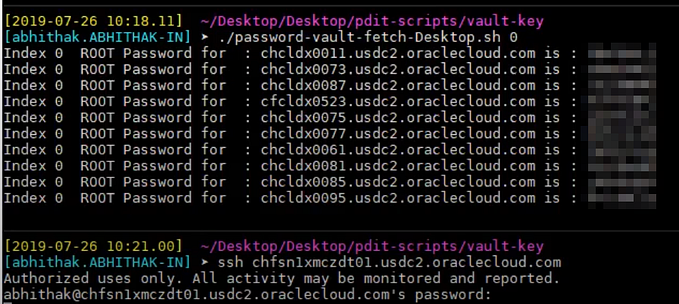
The Blockchain Oracle
Blockchain oracles are like messengers that help smart contracts on the blockchain interact with and understand things from the real world, making it possible for blockchain technology to be more useful and connected to the way we live and do business today.
Why does Blockchain need Oracle?
Think of a blockchain as a digital ledger or record-keeping system that’s really good at keeping track of transactions and data in a secure and unchangeable way. However, it doesn’t know anything about what’s happening in the real world. Here’s where the oracle comes in. An oracle is like a trustworthy messenger that goes between the blockchain and the real world. It checks the real-world information you need, like the weather report, and then tells the blockchain what’s happening.
Now that we’ve gained an understanding of what a blockchain oracle is and why it’s essential for the blockchain, let’s delve into two distinct types of oracles:
- Decentralized Oracles
- Centralized Oracles
Decentralized Oracles
Decentralized Oracles gather information from many different sources. This makes them more reliable because even if one source is wrong, the majority of sources can provide the correct information. So decentralized oracles are designed to minimize the risk of a single point of failure because they have Multiple Node Operators and Multiple Data Sources.
Centralized Oracles
Centralized oracles hinge on a singular primary source, often a solitary company or entity, for their data. This reliance can introduce doubts regarding their trustworthiness, as any error from that sole source can lead to erroneous information. The Achilles’ heel of centralized oracles is their susceptibility to a single point of failure. This vulnerability arises due to the presence of Single Data Sources and Single Points of Control within a centralized oracle system.
Having delved into the distinction between Decentralized Oracles and Centralized Oracles, let’s now focus our attention on how Witnet integrates into this intricate framework:
Witnet emerges as a decentralized oracle protocol meticulously crafted to furnish smart contracts with reliable data, empowering them to react to real-world events with a robust foundation of crypto-economic security. In essence, it’s custom-tailored for Oracle solutions. Consequently, Witnet falls under the category of Decentralized Oracles. Now, let’s proceed with the comparison:
Why Witnet is better than other Decentralized Oracles Solutions?
Witnet proves to be the superior choice for projects demanding paramount security and pinpoint accuracy. Its standout feature is a unique consensus mechanism that fortifies it against Sybil attacks, ensuring an unprecedented level of resilience. Additionally, its decentralized network of nodes guarantees the integrity of data feeds, making them impervious to tampering.
Moreover, Witnet stands out as a cost-effective alternative when compared to Chainlink, all while boasting compatibility with an extensive array of data sources. Notably, the truly decentralized nature of Witnet eliminates the risk of a single point of failure, thanks to its inclusion of Multiple Node Operators and Multiple Data Sources.
- Security: Witnet uses a unique consensus mechanism that is more resistant to Sybil attacks.
- Accuracy: Witnet provides accurate and reliable data feeds.
- Scalability: Witnet can scale to handle a large volume of data.
- Cost: Witnet is affordable for most projects.
- Uniqueness: Witnet uses a unique consensus mechanism that makes it more secure and accurate than other Oracle solutions.
In summary, Witnet is a secure, accurate, scalable, and affordable Oracle solution. It is a good choice for projects that require a reliable and accurate data feed.









